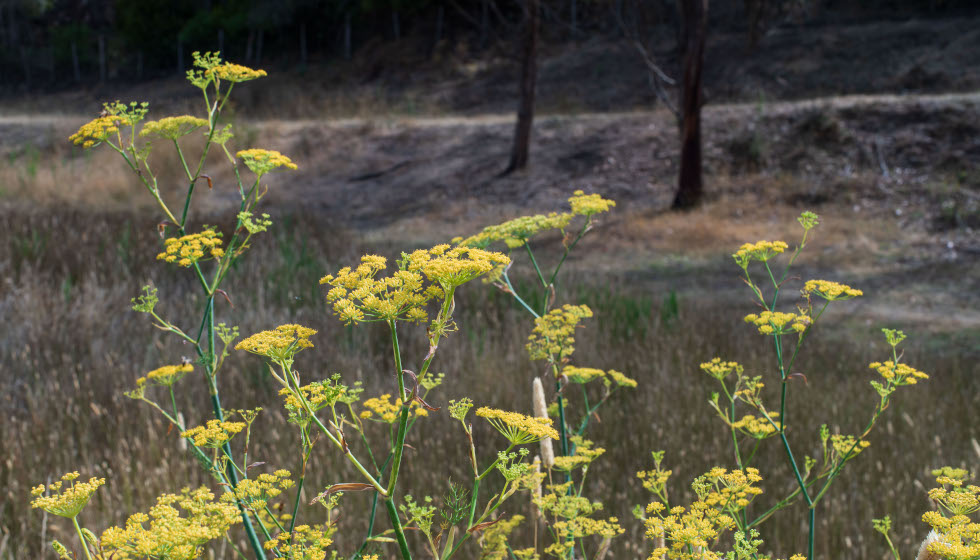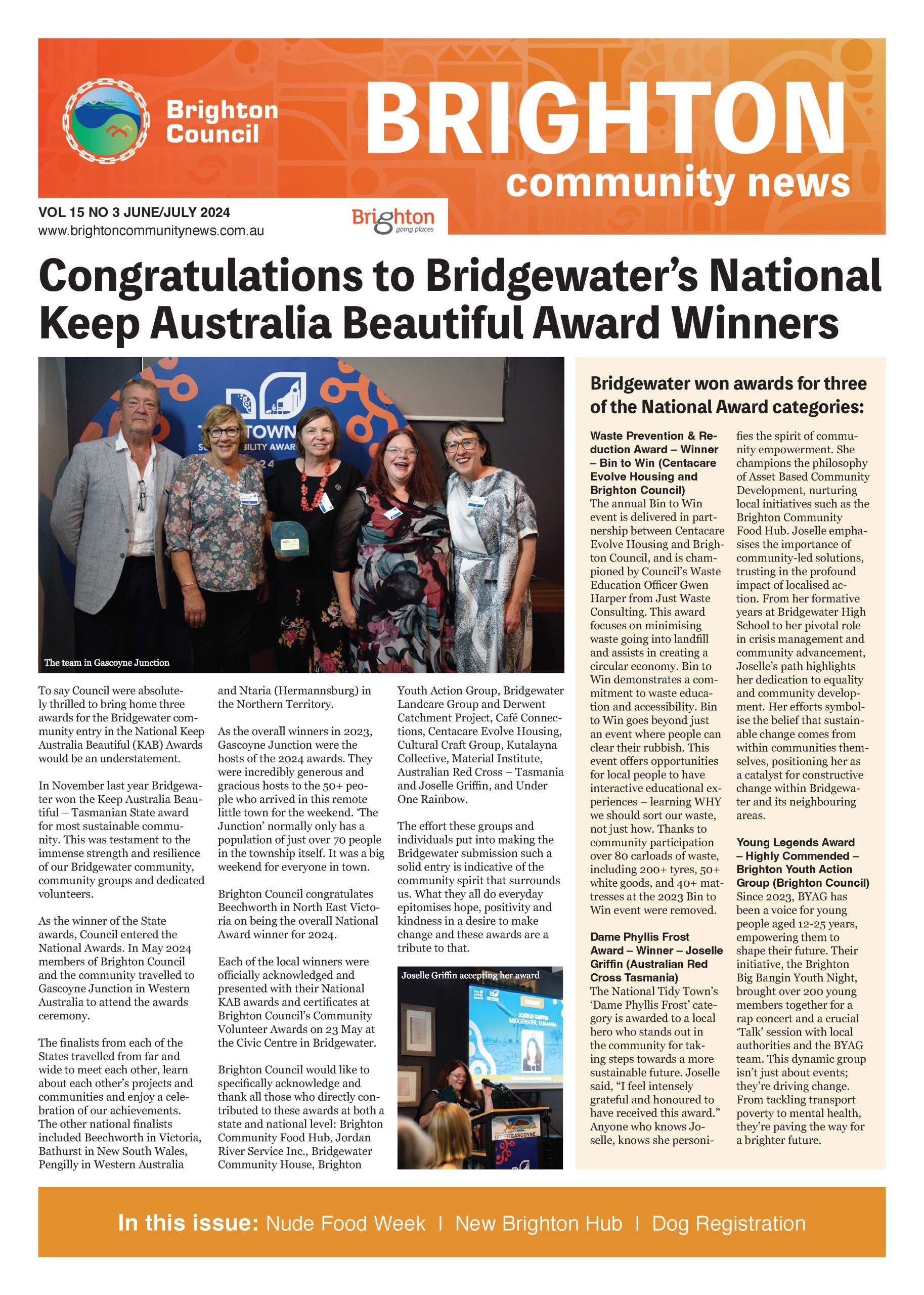Make Brighton Fennel Free
by Brighton Council

A culinary delight to some, medicinal herb to others, and an agricultural crop to many, fennel has become common in Australia since its early colonial introduction.
Outside the confines of cultivation, fennel rapidly becomes a problematic weed. This is what we’re seeing across areas of Brighton, and we’re asking for your help to identify and contain any infestations.
Fennel is a perennial herb reaching heights of up to 2 and half meters. It has strong stems with parallel stripes running longitudinally. Leaves are between 30- 50cm, alternately arranged and feathery in appearance, similar to dill leaves. Fennel flower heads have an umbrella shape and are yellow. Fennel’s aniseed scent is a great way to distinguish it from other similar looking plants.
You’ll often find fennel in open woodlands, roadsides, wastelands, degraded pastures, river flats, irrigation channels and abandoned lots. Fennel can invade and colonise native grasslands, some of which are critically endangered. In Brighton, we are lucky to have lowland native grasslands of national significance, rich in native species with a number of high conservation value species. We need to exclude fennel from these areas and keep our native grasslands fennel free.
The good news is that fennel is easy to treat and eradicate. Plants can be removed by digging (taking care to get all the root mass), then burnt or disposed of in hot compost. Targeted spraying is effective if timed appropriately. Chemical applications of Amitrole can be applied prior to flowering, Triclopyr for mature individuals at 1-2m tall or MCPA when the plant is young. Always seek advice if you’re unsure about chemicals and application methods. Information on herbicide use for fennel control can also be found on the Department of Natural Resources and Environment website.
If you see wild fennel around Brighton, grab your gloves and get weeding! And if you see large infestations that require more time and resources, please contact Brighton Council or the Derwent Catchment Project. Together we can protect our native grasslands and make Brighton fennel free.

